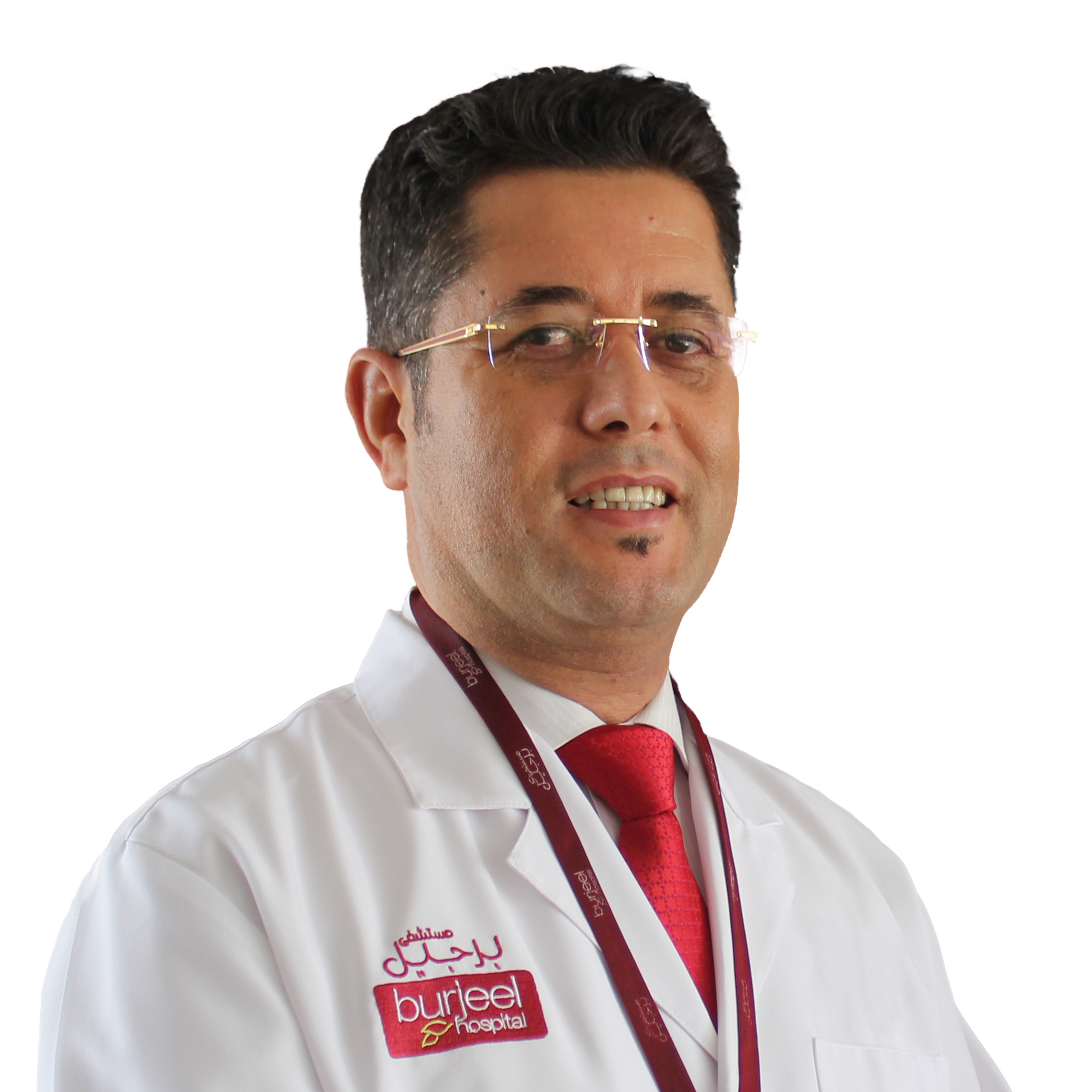Abu Dhabi: Burjeel Hospital has conducted a unique procedure on hypoglycemia patient helping deliver a baby a year and a half after the procedure.
Like in the case of a 27-year-old woman, who came to Dr Omran Gatee, Consultant – Endocrinology, Diabetes, and Metabolic Disorders, having suffered from hypoglycemia for the last 10 years. She had already had two surgeries in different countries, but her problem had not been solved. Her condition had gotten so bad that she had to wake up in the middle of the night to drink sugar syrup to keep her stamina up. This, however, led to increased weight, and she was unable to have any more children.
Dr Omran was keen to help her. He conducted the required tests and her condition was diagnosed as a typical ‘insulinoma’ case. This kind of case can only be treated in a comprehensive endocrine centre, such as the one at Burjeel Hospital. “Such tumours are normally very small and mostly benign, but cause major trouble to the patient,” explained Prof. Dr Iyad Hassan, Consultant – General and Endocrine Surgeon/ Head of General, Endocrine and Cancer Surgery at Burjeel Hospital, Abu Dhabi, adding, “An insulinoma is a small tumour in the pancreas that produces an excess amount of insulin. People with insulinomas do not always have noticeable symptoms, but when they do, they can vary greatly.”
At Burjeel Hospital, over 20 cases have been treated successfully with different surgical approaches – from Whipple Procedure, which is one of the most complex abdominal surgeries, to laparoscopic tumour enucleation.
In this case, the doctors decided to use an innovative new procedure, performed endoscopically through the stomach. Said Dr. Khalid Osman Consultant – Gastroenterology & Hepatology and an expert in interventional endoscopy, “Using endoscopic ultrasound, we were able to localize the tumour. We then used a special needle through the stomach during normal gastroscopy and did an ablation. The patient was discharged on the same day, and her blood sugar was immediately normalized. She was able to lose weight, and she delivered a baby a year and a half after the procedure.”
Endoscopic and minimally invasive surgery enables doctors to perform the most complex and delicate procedures through natural orifices and very small incisions with precision. Patients benefit from faster recovery, shorter hospital stay, less blood loss, less risk of infection, smaller incisions with less scarring, and a quicker return to daily activities.
